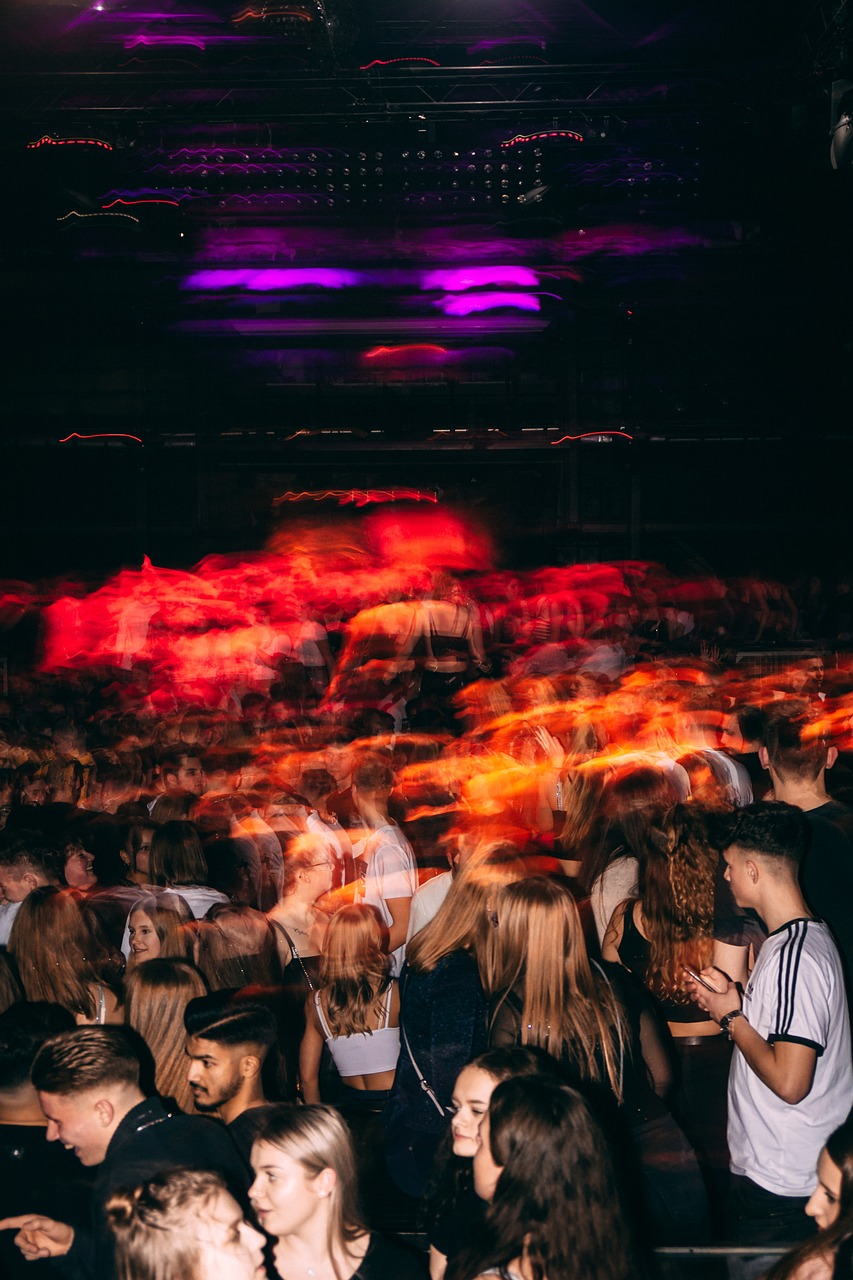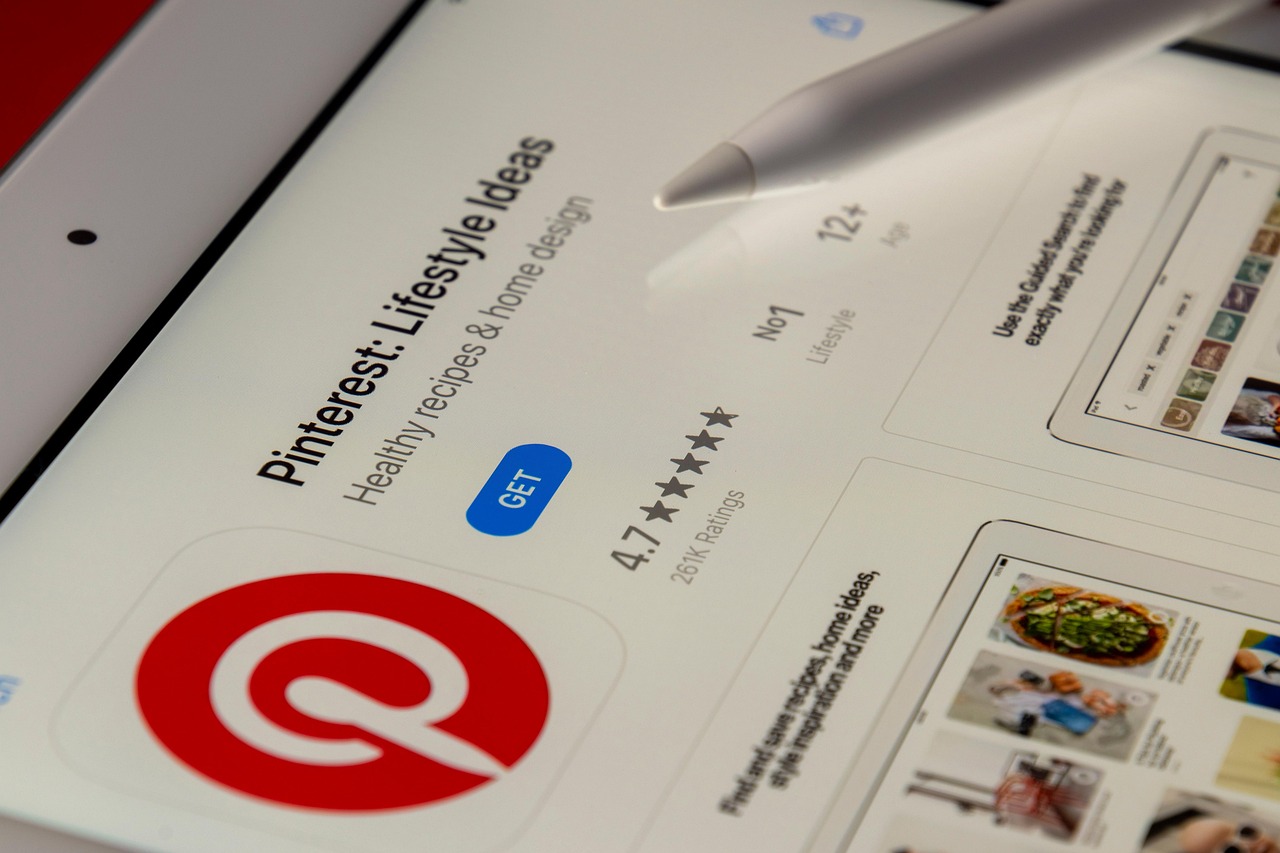As Prince once said, ‘party like it's 1999’, but twenty-five years later would he say the same thing? Following the sober-curious and wellness movement of recent years, it’s fair to assume not.
Ladies and gentleman of the jury, this court is now in session.
Nightlife across the UK continues to struggle (surprise) as recent statistics released by the Nighttime Industry Association have revealed that on average, the UK saw 3 nightlife venues close per week between December 2023-June 2024. That includes bars, pubs, clubs and casinos. Well, many fingers have been pointed in a plethora of directions for the blame. Some people blame the cost-of-living crisis, the Tories… others think the Coronavirus Pandemic looks particularly guilty. But while these well-known villains are renowned for thieving joys elsewhere in society, with the rise in wellness culture amongst young people there could be one more suspect to bring in for questioning over the brutal attack on party culture in this country.
As of recent statistics published by the The Nighttime Industry Association, the nightlife economy (that ranges from casinos to clubs, to bars and live music venues) generates £36.4 billion a year, which is 1.6% of the UK’s Gross Domestic Product. The data also revealed that the industry employs over 425k people, from bar staff to cleaners and dancers to bouncers. Drink culture is undoubtedly a huge part of British culture and has been for generations, hence the fact that before 1923, you could buy and consume alcohol in this country, from 13 years old!
So, what changed?
Well, many factors that have been thoroughly covered by numerous publications and news outlets typically include:
- analyses into decreased consumer spending
- operational costs soaring
- cultural shift in socialising preferences
- long lasting lockdown impacts
And everything overall being too expensive.
A YouGov survey conducted by The Portman Group in January this year (2025) revealed that Gen-Z (people born between 1995-2012) are the most sober generation yet, with 39% of 18-24 year olds not drinking alcohol at all. Similarly, 46% of young adults aged between 25-34 choose low or alcohol free alternatives, which has risen by 9% since 2023 (37%).
As of today, there’s no concrete reason as to why these figures appear to show a generational shift in attitude towards alcohol and party culture. So, what are people doing instead?
No, really. What are we doing? I need ideas…
Anyway, the UK has over 24.8 million TikTok users over the age of 18. That amounts to around 47% of adults in the UK. As one of that 47%, who also happens to be Gen-Z, I've noticed an increasing amount of wellness-based content saturating my For You Page.
The captions contain hashtags such as ‘wellness era’, ‘grandma-core ', ‘homebody’, ‘self care’ and ‘Sober curious’ were amongst some of the most used, which I, as a 24 year old woman in 2025, love to see.
With this in mind, being the serious journalist I am… I created a graph highlighting the variance of usage between the hashtags under these videos and alike, and club culture related hashtags to see which of the two content-types were most popular.
The hashtag ‘self-care’ was the most used by a landslide figure of 16.2 million posts, followed by the second most used, ‘wellness’ with much less, though, still a tremendous 4.6 million videos, closely followed by the hashtag ‘night out’, reaching 1.6 million.
Wellness and self-care based content seem to be taking the internet by storm, with millions of users reflecting a growing focus on their personal health, self-improvement and spiritual wellbeing.
So, to dig deeper and collect more evidence against our defendant- TikTok, I created a short, anonymous survey that 42 adults [18+] took part in, again, because I’m a very serious journalist... Out of 42 people, 85.7% said they never attend bar or club-like settings or, only do so occasionally, a stark difference to 14.3% who say they attend these venues weekly.
When asked about their Friday night activity preferences, 76.3% of respondents chose alcohol- free related evenings, where only 23.8% chose either a bar or pub quiz night.
No respondents selected clubbing as their preferred activity. 59.6% of respondents admitted to feeling societal pressures to go out partying…
Despite this pattern, when asked where participants make the most like-minded connections, 24.4% of people claimed they found them in clubs and bar-like settings, which I found rather curious, considering previous respondents swayed away from this demographic.
42.9% admitted the thought of socialising in alcohol and drug led environments, like a bar or club, made them feel stressed or anxious, whilst the other 42.9% felt neutral or ‘unbothered’, and only 14.3% feeling joyful or excited.
This begs the question: have clubs lost their lustre or have young people lost theirs?
Stay tuned for part 2 to hear from Dr Karenza Moore, and her take on the sober-curious movement.
Logging off,
Kaitlyn





